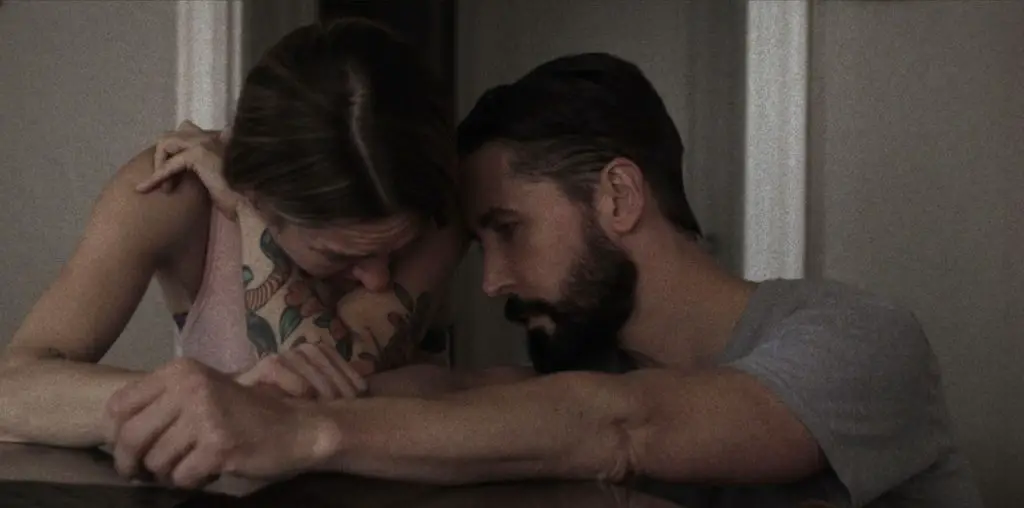
It is one thing to analyze Steven Spielberg’s movies, but what about putting them through a psychoanalytical ringer? For Andrew M. Gordon, an associate professor of English at University of Florida, Spielberg’s canon is deserving of the best in Freudian and Jungian consideration.
In his new book “Empire of Dreams: The Science Fiction and Fantasy Films of Steven Spielberg” (published by Rowman & Littlefield), Gordon brings a psychological appreciation to the Oscar-winning director’s FX-laden features. Beginning with “Duel” in 1971 and stretching through “War of the Worlds” in 2006, Gordon offers a unique perspective on Spielberg’s work that mixes cinema studies with a deeper probing of the filmmaker’s emotional mindframe. The FX-heavy classics are all here, plus a few stinkers (“Always,” “Hook”) and a quasi-Spielberg listing (“Poltergeist,” which Gordon credits to Spielberg even though Tobe Hooper took the directing credits).
Film Threat spoke with Gordon at his university office to discuss this unusual approach to film studies.
What inspired you to approach Steven Spielberg’s sci-fi films from a psychological level?
I’m a psychological critic of literature and film; I direct the Institute for the Psychological Study of the Arts (IPSA) at the University of Florida. A psychological approach to Spielberg’s films helps because they often work on the level of deep feeling and because he invites such an approach by saying that “I dream for a living” – that “Duel” is an “exercise in paranoia”; and that Jaws “hit a nerve somewhere. Maybe because it’s basically Freudian.
Many of Spielberg’s films involve children in peril. What does that say about him, from both a cinematic and a psychological aspect?
The child in peril is a basic premise of literature – it is at the heart of fairy tale and of Dickens. It appeals to audiences, from “Little Red Riding Hood” to “Pan’s Labyrinth.”
Aside from the universal appeal, there is the personal aspect. Spielberg as a boy often felt lonely, alienated, and insecure – because he had no brothers (he had three younger sisters); because he was a short and skinny nerd with glasses, a target for bullies; because the family moved so often while he was young – Ohio to New Jersey to Arizona to California; because they were Jews usually isolated in largely Gentile neighborhoods; because his father was a workaholic and often absent; and because his parents quarreled and divorced. No wonder he relates so well to lost boys!
I’ve often had the feeling that Spielberg’s sci-fi films are more fluid and self-confident than his attempts at artistic drama, which sometimes feel they are trying too hard to win Oscars for their self-importance. Is this an opinion you would share?
I can’t agree. I think he brings the same talents to whatever project he directs. He started his career with “The Sugarland Express,” which was not a fantasy but a road movie based on a true story. That film mixed comedy and drama, and it was certainly fluid and self-confident. The same terms apply to dramas like “Empire of the Sun,” “Schindler’s List,” “Saving Private Ryan,” and “Munich.”
Another subjective view: I’ve also felt that as Spielberg’s budgets have grown and his special effects have become more complex, the emotional and intellectual levels of his movies have diminished. Is that an opinion you would share?
Again, I would respectfully disagree. Both “Close Encounters of the Third Kind” and “A.I.” are big-budget, special-effects science fiction blockbusters, yet “A.I” is a far more intellectually thoughtful movie, speculating on the relationship between human and machine and the nature of the human. I also find “A.I.” very touching because of the plight of the robot boy abandoned by his human mother.
If you were on that proverbial desert island with only one Spielberg movie to watch on DVD, what would you choose and why?
“E.T.” – I think is his masterpiece. It is Spielberg’s favorite and one of his funniest and most tender and moving films.
